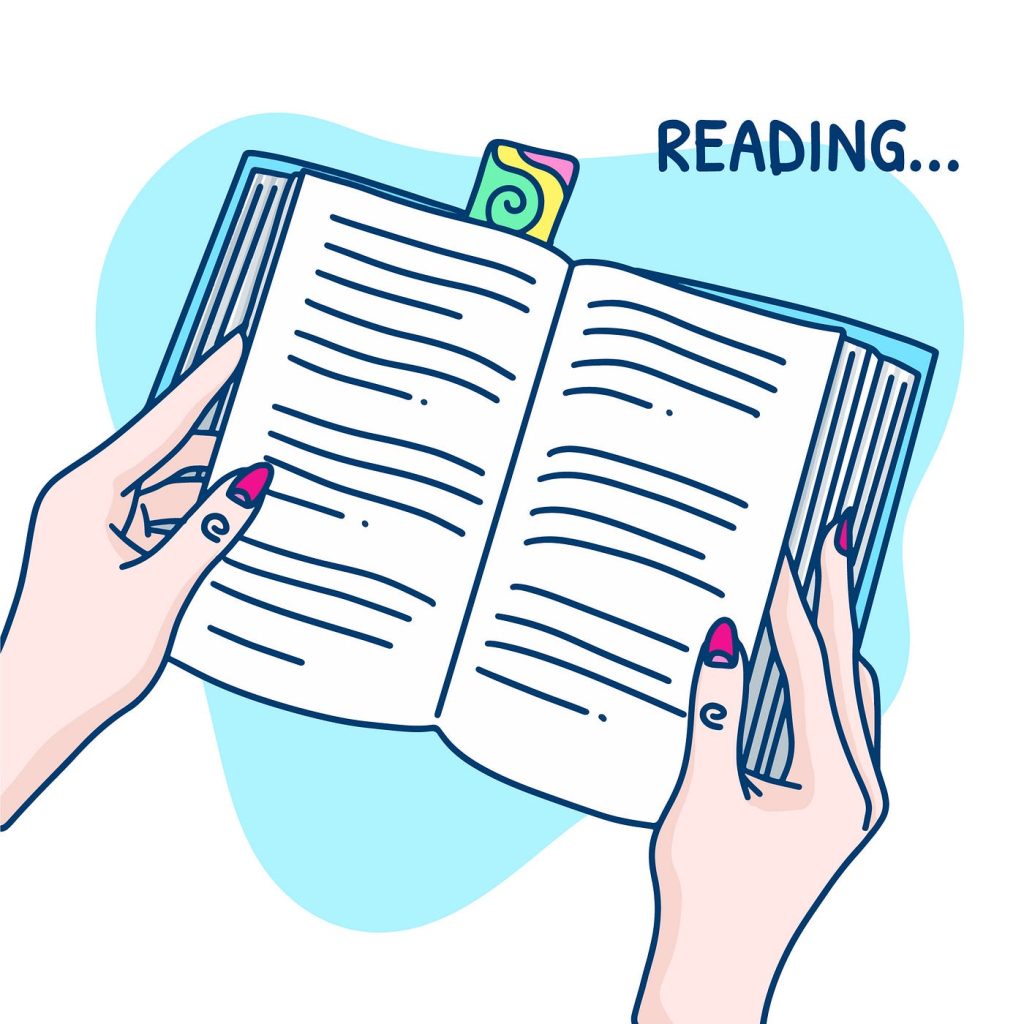Reading is a fundamental aspect of human life that has the power to shape our perspectives and values. As we immerse ourselves in the pages of a book, we are transported to different worlds, exposed to diverse viewpoints, and challenged to think critically about the world around us. From childhood fairy tales to ancient philosophical texts, reading has the ability to broaden our horizons, challenge our assumptions, and reshape our beliefs.
One of the most significant ways in which reading shapes our perspectives is by exposing us to a variety of experiences and perspectives that we may not encounter in our everyday lives. Through reading, we are able to step into the shoes of characters from different cultures, time periods, and backgrounds, gaining insight into their lives, struggles, and triumphs. This exposure to diverse perspectives can help us develop empathy, understanding, and appreciation for the richness and complexity of human existence.
For example, reading novels set in war-torn countries can give us a deeper understanding of the impact of conflict on individuals and communities, fostering a greater sense of compassion and solidarity with those who have experienced violence and trauma. Similarly, reading stories about marginalized communities can open our eyes to the systemic injustices and inequalities that exist in our society, prompting us to reflect on our own privilege and take action to promote social justice and equality.
In addition to expanding our understanding of different perspectives, reading also has the power to challenge our existing beliefs and values, forcing us to reconsider our assumptions and biases. When we encounter ideas and arguments that are contrary to our own, we are pushed to engage in critical thinking, evaluate evidence, and weigh different perspectives before forming our own opinions. This process of cognitive engagement and reflection can help us develop more nuanced and informed perspectives on complex issues, fostering intellectual growth and maturity.
For example, reading philosophical texts that question the nature of reality and the meaning of existence can prompt us to reflect on our own beliefs and values, leading us to reexamine our assumptions about the world and our place in it. Similarly, reading works of literature that challenge prevailing social norms and conventions can inspire us to question the status quo, challenge injustice and oppression, and advocate for positive social change.
Furthermore, reading can also shape our values by exposing us to different moral and ethical frameworks, prompting us to reflect on the principles and values that guide our own behavior and decision-making. When we encounter characters in literature who grapple with moral dilemmas and ethical quandaries, we are forced to consider our own moral compass, values, and principles, leading us to reflect on the choices we make and the impact they have on ourselves and others.
For example, reading novels that explore the complexities of love, friendship, and betrayal can prompt us to reflect on the nature of relationships and the importance of trust, honesty, and integrity in our interactions with others. Similarly, reading works of nonfiction that highlight the struggles and triumphs of individuals who have overcome adversity and injustice can inspire us to embody values such as courage, resilience, and compassion in our own lives.
In conclusion, reading plays a vital role in shaping our perspectives and values by exposing us to diverse experiences, challenging our assumptions, and prompting us to reflect on our beliefs and values. Through the power of storytelling, literature has the ability to transport us to new worlds, expand our horizons, and deepen our understanding of ourselves and others. By engaging with a wide range of texts and genres, we can develop empathy, critical thinking skills, and moral clarity, enriching our lives and shaping us into more compassionate, informed, and thoughtful individuals. As we continue to engage with the written word, may we remain open to the transformative power of reading and strive to cultivate a deeper appreciation for the diversity and complexity of the human experience.

